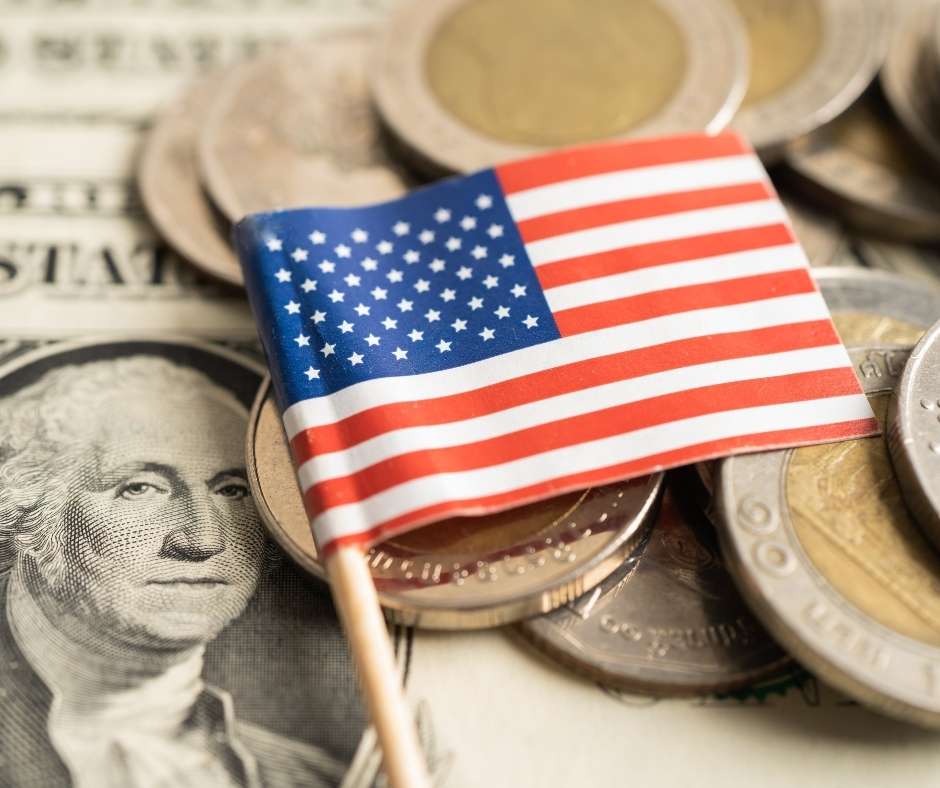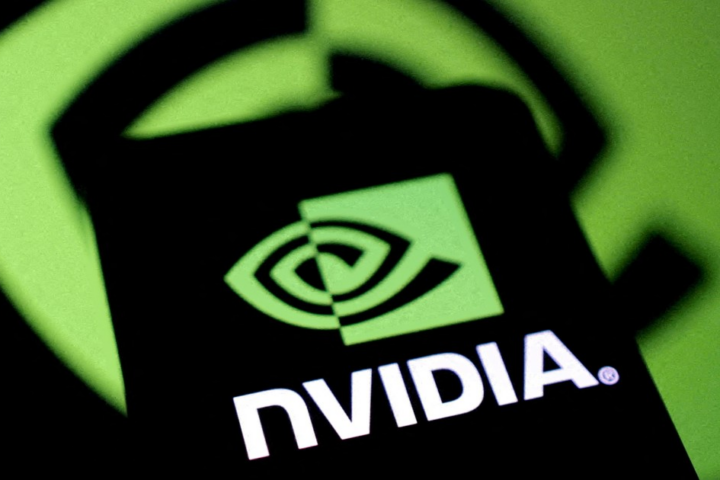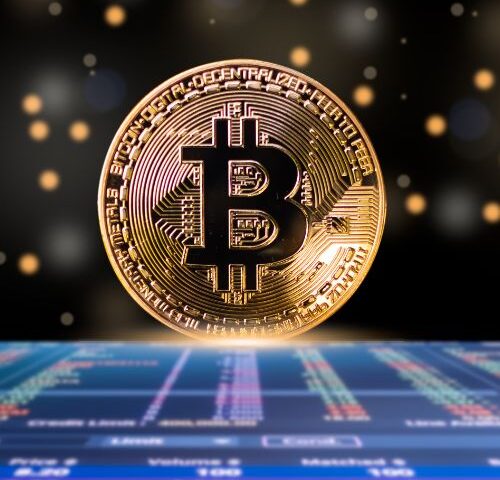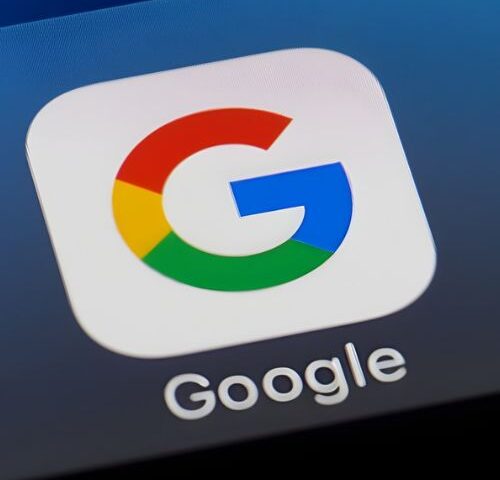The Digital Gold Initiative by the World Gold Council (WGC) is poised to revolutionize the gold market in 2025. As global inflation concerns rise, this initiative introduces digital gold assets that enhance transparency, liquidity, and efficiency for investors and financial institutions. By leveraging blockchain technology, the initiative promises to modernize one of the world’s most traditional financial markets, offering new opportunities for institutional investors, banks, and fintech innovators.
What is the Digital Gold Initiative?
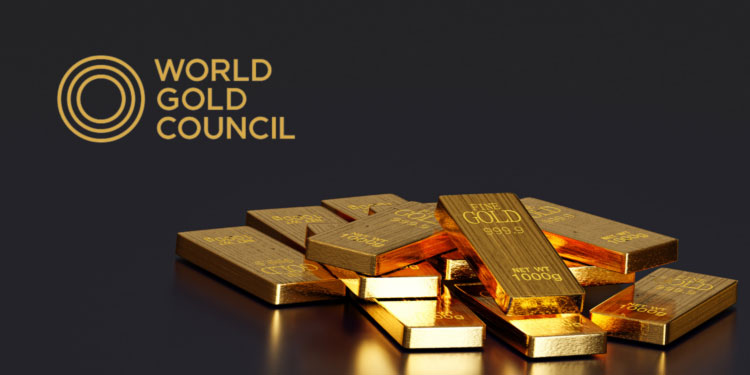
The Digital Gold Initiative also referred to as Gold247™ aims to digitize gold ownership and trading. At its core, the project introduces Pooled Gold Interests (PGIs), a digital representation of physical gold stored in segregated accounts under a trust structure.
PGIs allow for fractional ownership of gold, enabling smaller investors and financial institutions to access and transfer gold digitally for collateral and margin purposes. This system not only increases liquidity but also strengthens market transparency, making gold a more functional financial asset in the digital age.
How the Initiative Will Transform Gold Trading
1. Fractional Ownership Through PGIs
Traditionally, gold trading has required large, indivisible holdings, limiting participation. PGIs allow investors to own fractions of gold digitally, unlocking access for a broader range of market participants.
2. Enhanced Transparency in Gold Transfers
Blockchain technology underpins the initiative, enabling real-time tracking of digital gold transfers. This improves the integrity of trades and reduces settlement risks, a major step forward in a market often criticized for opacity.
3. Efficiency for Banks and Financial Institutions
Digitizing gold enables banks to leverage it more effectively on balance sheets. Digital gold can be transferred seamlessly between counterparties, reducing reliance on physical settlement and enabling faster, safer collateralization.
4. Market Adoption Across Major Financial Hubs
The initiative will be piloted in London’s $900 billion bullion market in 2026, involving major banks and trading houses. While adoption may face resistance from the traditionally conservative over-the-counter (OTC) market, its success could set a global precedent.
5. A New Era of Investor Opportunities
The Digital Gold Initiative offers investors a chance to participate in gold markets with lower barriers to entry, greater flexibility, and increased transparency. Financial institutions can create innovative investment products, including gold-backed digital instruments for retail and institutional clients.
Potential Challenges and Market Adoption
While promising, the initiative faces challenges:
- Regulatory scrutiny: Digital gold assets may require new frameworks for taxation, compliance, and reporting.
- Conservative market culture: London’s OTC gold market is historically resistant to rapid change.
- Technology adoption: Full-scale implementation requires robust digital infrastructure and trust in blockchain security.
Despite these hurdles, the benefits of efficiency, transparency, and accessibility make adoption likely in the medium to long term.
Impact on Global Finance and Investment
The Digital Gold Initiative has far-reaching implications:
- Institutional investors gain access to fractional gold ownership and efficient collateral management.
- Banks and fintechs can leverage digital gold for innovative financial products.
- Global finance benefits from a more transparent, liquid, and integrated market.
As central banks and financial institutions explore digital assets, gold remains a key hedge against inflation, making this initiative strategically significant.
The Digital Gold Initiative marks a transformative moment for the gold market. By digitizing gold through PGIs and blockchain technology, the World Gold Council is creating a more transparent, efficient, and accessible market. Investors, banks, and fintech innovators stand to benefit from these innovations, shaping a new era of gold trading in 2025 and beyond.
For more insights on finance, digital assets, and market innovations, follow DFMedia for the latest updates and in-depth analysis.


